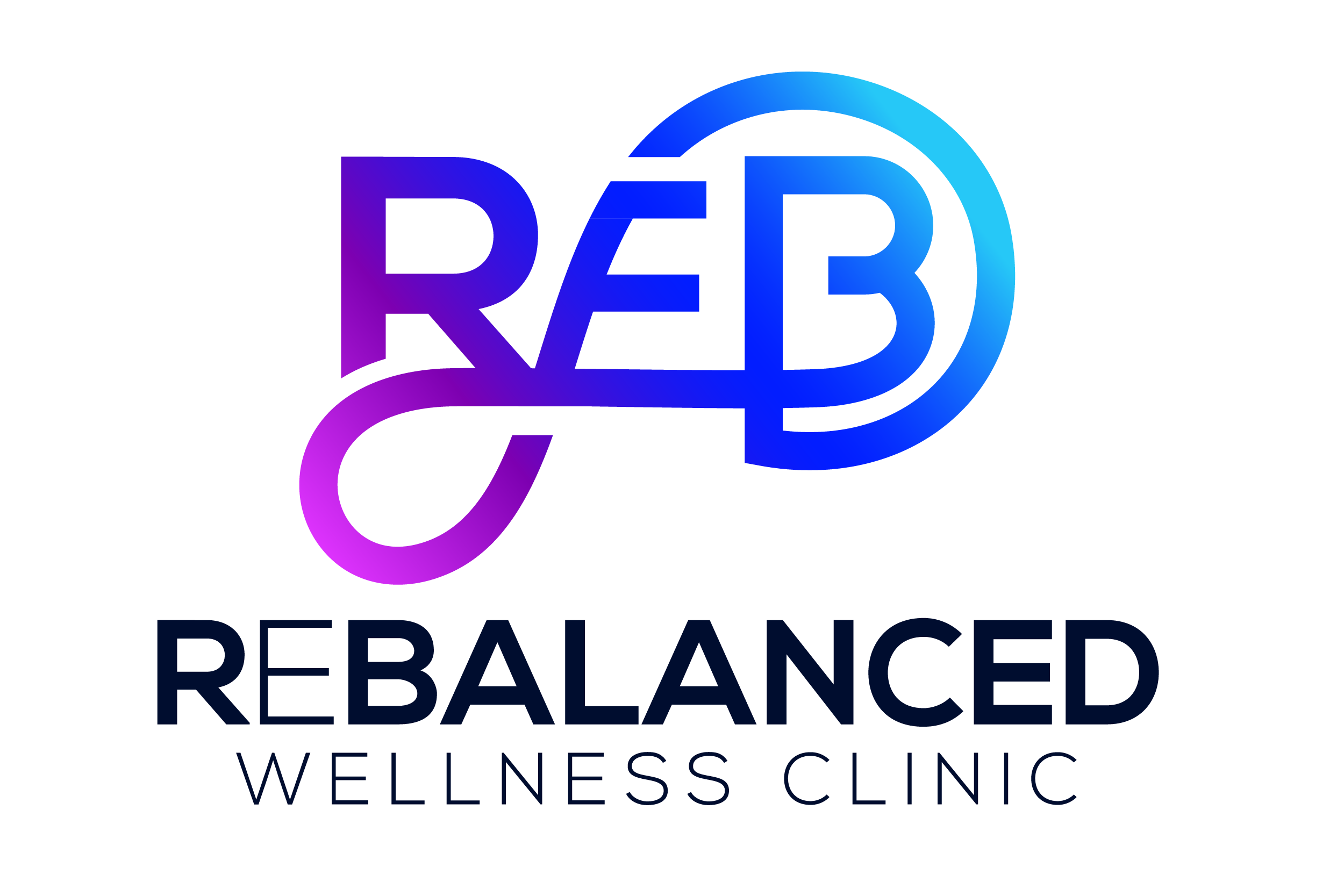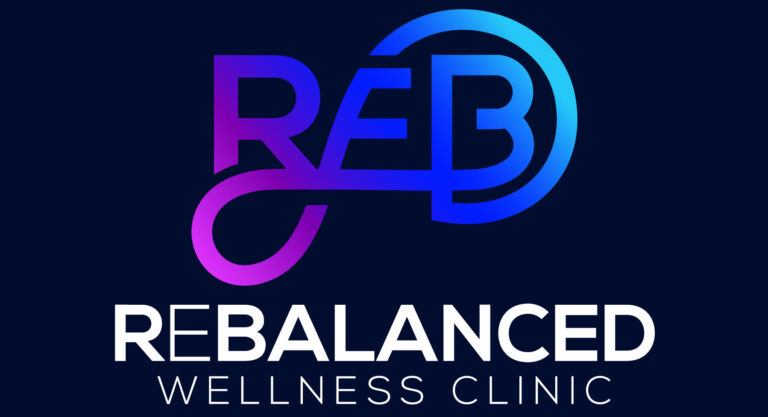Introduction to Wellness Evaluation
A wellness evaluation is your starting line for better health. Think of it as a one-on-one with your body, where a health professional gauges your physical condition, lifestyle, and well-being. The goal? To pinpoint areas needing a boost and create a game plan for your health journey. The process is straightforward — no mystery here. During the evaluation, you’ll be asked about your diet, exercise habits, sleep quality, and any stressors nibbling at your peace of mind. It’s not just chit-chat; each question is a puzzle piece to see the full picture of your health. So, next time you’re penciling in a wellness evaluation, remember, it’s all about taking that first informed step towards a healthier, more vibrant you.

Key Components of a Wellness Evaluation
In a wellness evaluation, expect a few key areas to be checked out. First, they’ll size up your medical history because knowing your past health shenanigans helps them predict what might trouble you in the future. Next up, physical exam – this is when they poke and prod a bit to see how well your body’s doing now.
They also check out your lifestyle habits; stuff like whether you’re a couch potato or a gym junkie, what kind of grub you’re into, and if you light up like a chimney or drink like a fish. This gives them the scoop on what changes might make you feel more spry.
Lastly, they’ll probably run some lab tests. These are the blood and urine tests that can flag if something’s off-kilter inside you, even if you’re feeling top-notch. Based on what they find, they’ll hand out personalized advice to keep you in the best nick possible. This isn’t just a once-and-done thing either; regular check-ins keep you on track.
The Role of Medical History in Your Evaluation
Medical history is a cornerstone of any wellness evaluation. It’s like the backstory of your body, informing the doctor about past dramas, triumphs, and ongoing series that could affect your health today. Expect questions about your personal health journey — chronic illnesses, past procedures, allergies, and even the health history of your family. This isn’t just idle chit-chat. Your medical saga provides vital clues that can help predict and prevent future health misadventures. Think of it as your body’s resume, letting healthcare pros spot patterns that might need attention. It’s all about keeping you in tip-top condition by understanding where you’ve been health-wise.
Physical Examinations Explained
When you go for a wellness evaluation, expect a physical examination as a big part of it. This means the doctor checks you out to see how well your body functions. They’ll look at your vital signs—these are your temperature, blood pressure, heart rate, and breathing. Next, they might examine your skin for any unusual spots or moles. They’ll feel your abdomen to check your organs and press on your joints and muscles to find any areas that might hurt. You’ll need to follow easy instructions like taking deep breaths or moving certain parts of your body. The goal is to catch any health issues early on, so you stay in great shape. Remember, it’s about keeping you at your best, not just finding problems.
Understanding Laboratory Tests and Screenings
When you step in for a wellness evaluation, laboratory tests and screenings are on your to-do list. These aren’t just random pokes and prods—it’s your body’s annual audit. Blood tests are the real deal; they spill the beans on your cholesterol, blood sugar, and more. They can flag risks like heart disease or diabetes before they get too cozy. Now, urine tests are pretty straightforward. They’re checking if your kidney’s on its A-game and if there’s anything funky that shouldn’t be there.
You might get a nudge for cancer screenings too, depending on your age and gender. Think of them like a sneak peek at possible future troubles—breast, colon, or prostate cancer. Keeping tabs on your ticker, your blood pressure cuff rendezvous will tell you if your heart is pumping like a champ or struggling.
Remember, these tests aren’t just a pass-or-fail; they’re about finding your health’s balance. So, next time you’re up for a wellness check, know that these lab tests and screenings are your health’s compass—guiding you on what’s tip-top and what needs a tune-up.
Lifestyle Assessments: Diet, Exercise, and Stress Management
In a wellness evaluation, lifestyle assessments play a pivotal role. These focus on your diet, exercise, and stress management strategies. Diet analysis means looking at what you eat daily and figuring out if you’re getting the right nutrition. It’s not just about weight loss; it’s about fueling your body properly.
Exercise is another key component. The assessment will consider how much physical activity you get, what kind, and if it’s enough to keep you fit and healthy.
Lastly, stress management is examined. We all have stress, but it’s about how you handle it. Do you have coping mechanisms, or does stress overwhelm you?
In sum, lifestyle assessments give you a clear picture of where you stand and what you need to work on for your overall wellness. Your well-being isn’t just about feeling okay; it’s about thriving, and these assessments help pinpoint areas for improvement.
Psychological Wellness Check: Mental Health Evaluation
During a wellness evaluation, your mental state gets a checkup just like your body does. The psychological wellness check is a critical part, where you’ll chat about stress, mood, thoughts, and behaviors. It’s nothing to sweat about; think of it as a candid conversation to ensure your mind’s in shape. You won’t be put on a couch and grilled about your childhood, but you’ll discuss how you’re coping with life’s ups and downs. Mental health professionals are there to listen and offer tools or coping strategies if needed. They’ll guide you through questions designed to assess stress levels, look for signs of anxiety or depression, and understand your general outlook on life. The goal of this chat is to catch any issues before they become heavyweight troubles and to keep your mental wellbeing on the right track. Remember, taking care of your mind is as vital as taking care of your body.
Reviewing the Results: What Your Scores Mean
When you get your wellness evaluation scores, think of them as a personal health map. They tell you where you stand and can guide you to where you want to be. If your scores are high, it means you’re likely doing well in those areas of your health. It’s a pat on the back, but don’t just coast; use it as motivation to maintain your healthy habits. Low scores, on the other hand, are like flashing warning lights. They’re telling you, “Hey, pay attention here!” This is where you need to focus more, maybe by changing up your diet, getting more exercise, or finding ways to deal with stress. Your healthcare provider will walk you through what each score indicates and map out a plan for any areas that need improvement. Remember, these numbers aren’t just random—they’re important signs on the road to your well-being.
Developing a Personalized Wellness Plan
After your wellness evaluation, the real magic begins. Your health professional takes the insights from your assessment and crafts a wellness plan that’s just for you. These plans are not one-size-fits-all. They’re tailored to target your unique health goals, whether that’s shedding a few pounds, ramping up your fitness level, or managing a health condition. This custom plan might suggest changes in your diet, new exercise routines, stress management techniques, and even important sleep habits that need tweaking. The end goal? To put you on a path where your health and well-being are front and center. Remember, this plan is your roadmap to better health, but you’re the one in the driver’s seat.
Follow-up and Maintaining Your Wellness Pathway
Once you’ve completed your wellness evaluation, the journey doesn’t end there. Maintaining your progress is crucial, and follow-up appointments play a significant role in this. Your healthcare practitioner will likely schedule these to monitor your advancements and tweak your plan as needed. Think of these follow-ups as checkpoints on your road to wellness, ensuring you stay on track. They’re not just about catching potential slip-ups; they also provide an opportunity to celebrate your successes, big or small. Your dedication to attending these appointments and sticking to the recommended lifestyle changes or treatments is key to long-lasting well-being. Stay committed, be patient with yourself, and remember that every step forward is a victory in your wellness journey.

